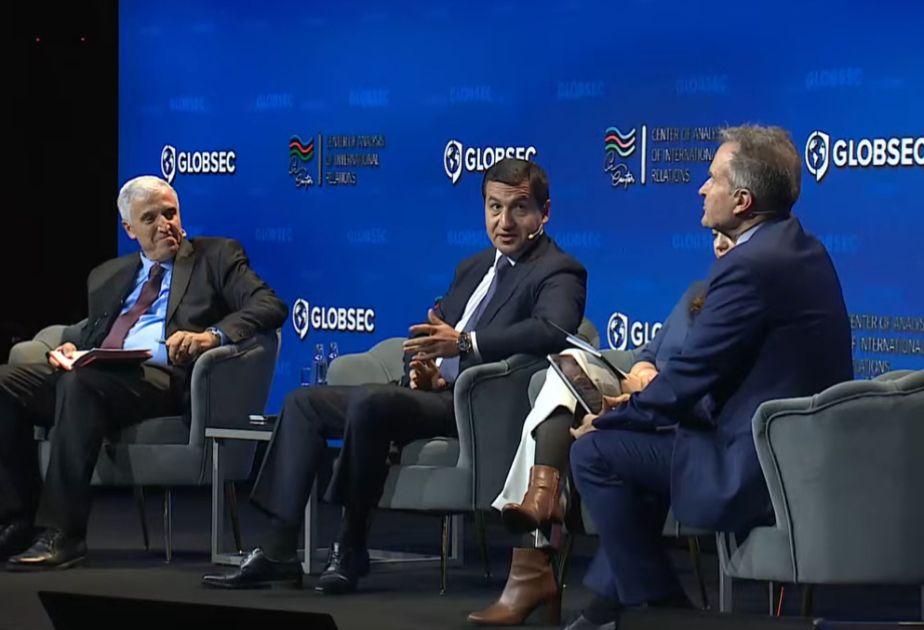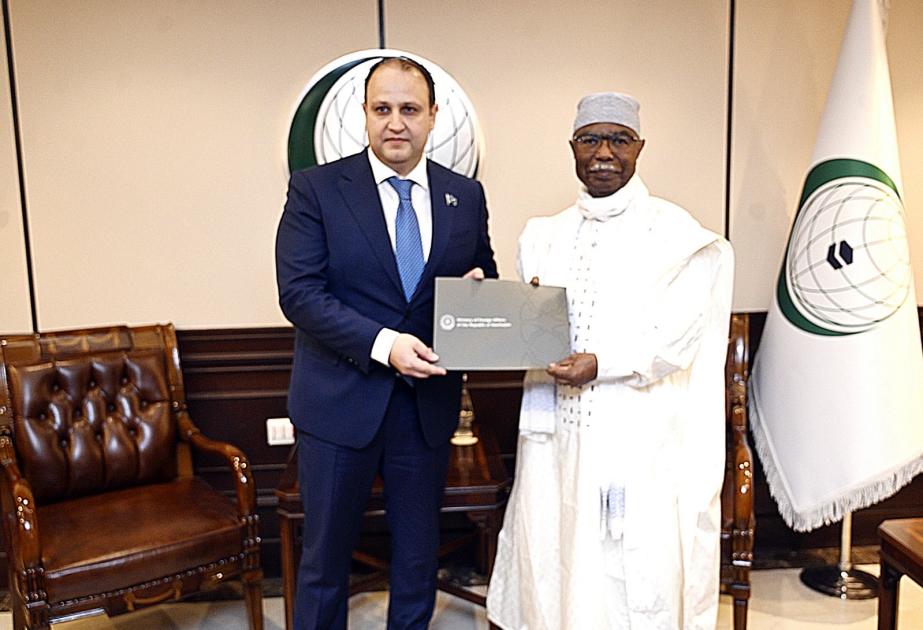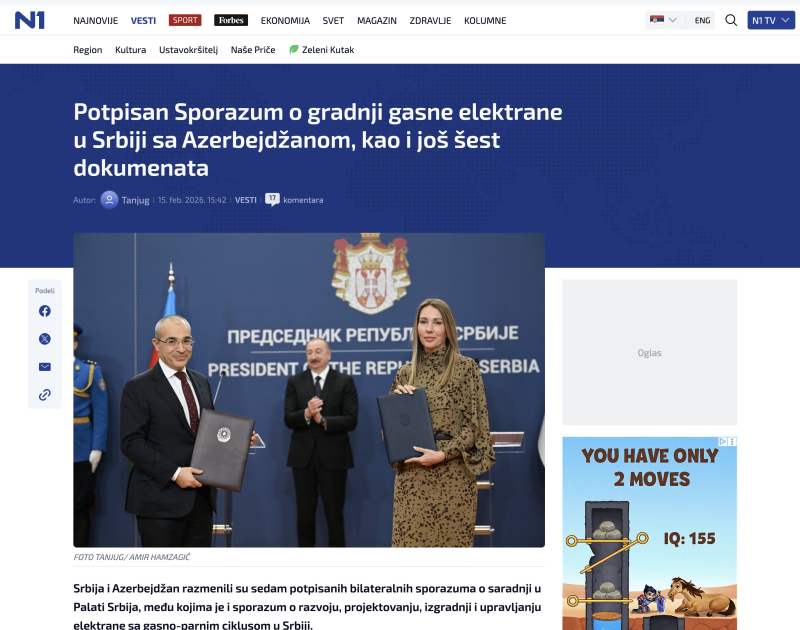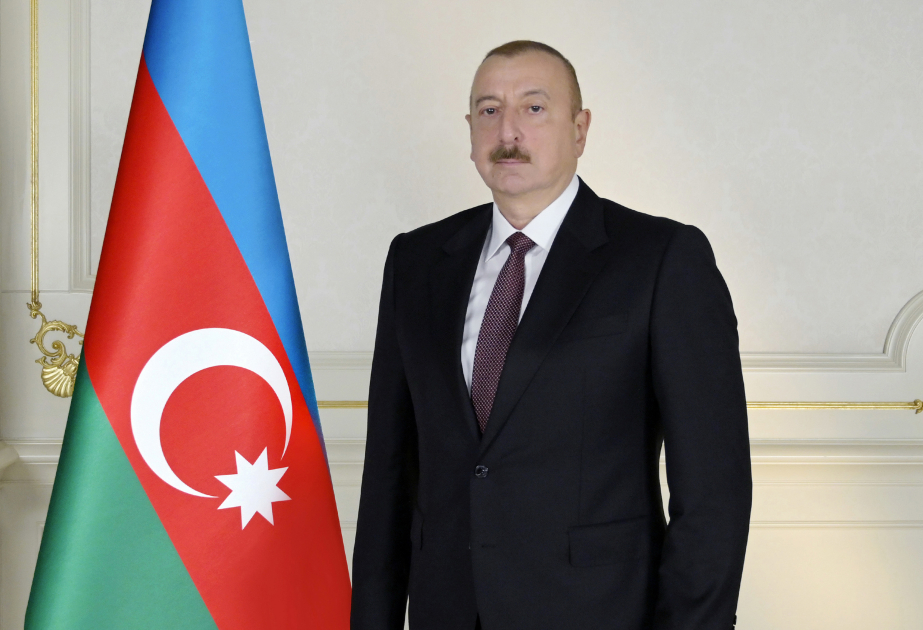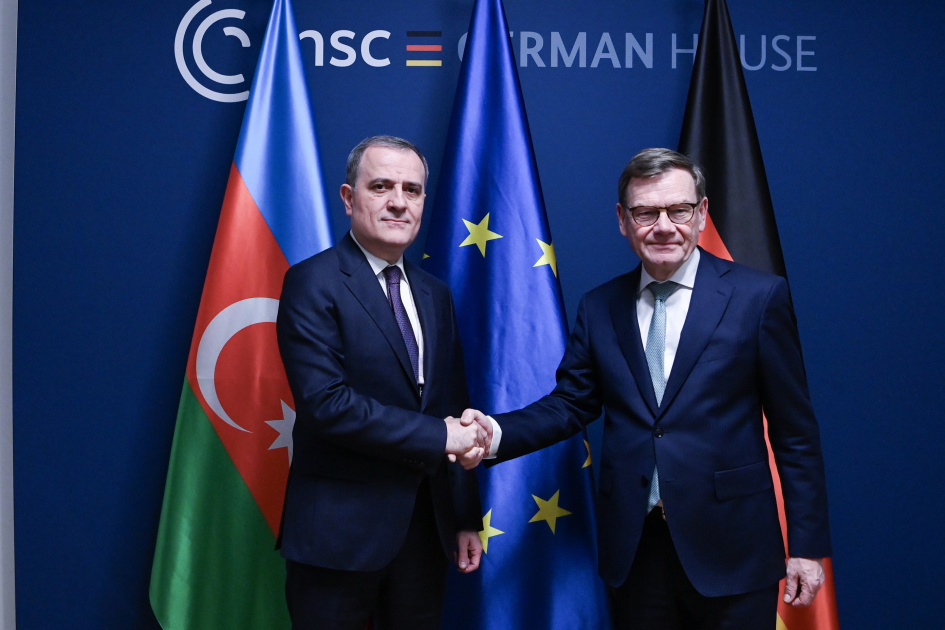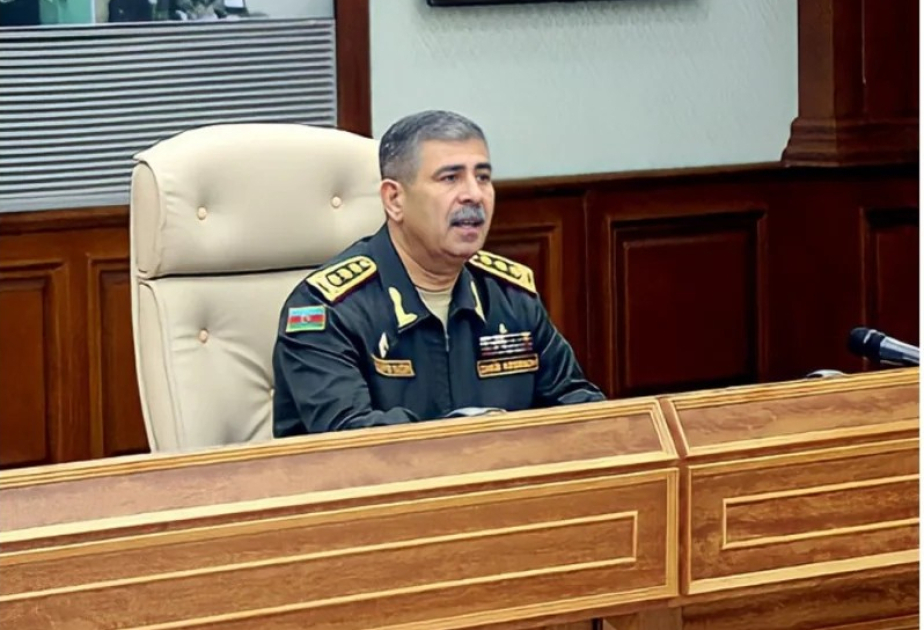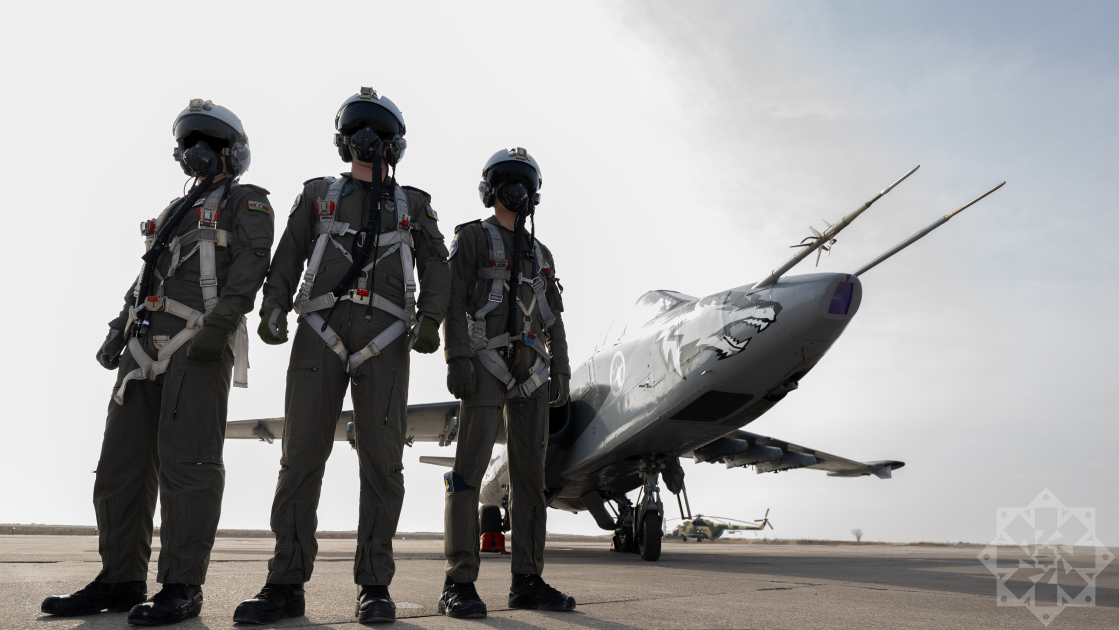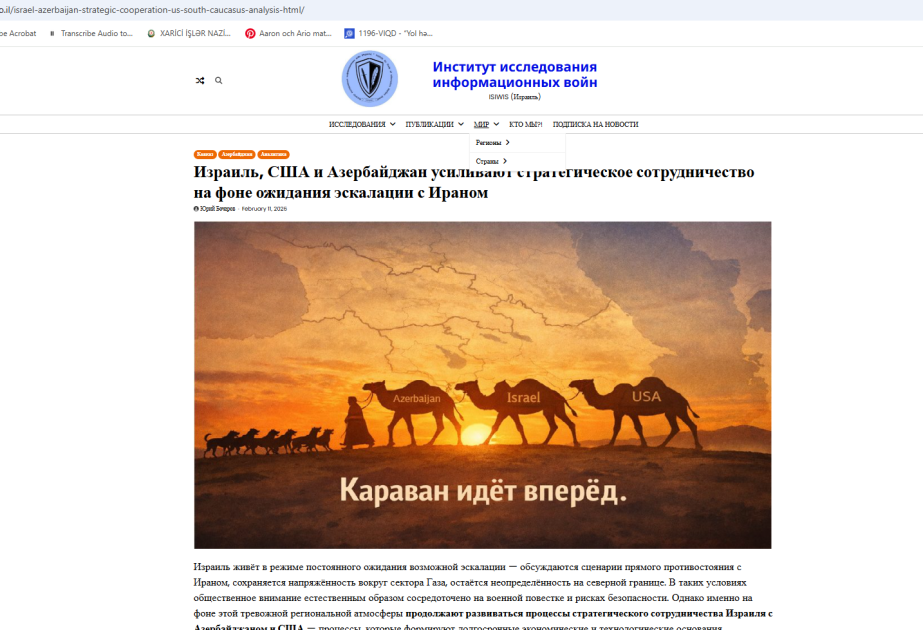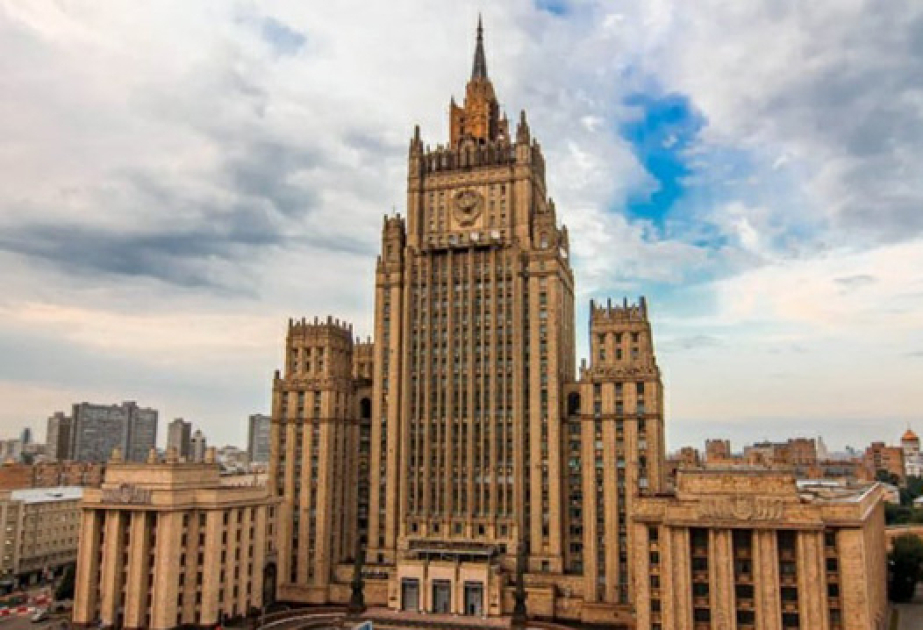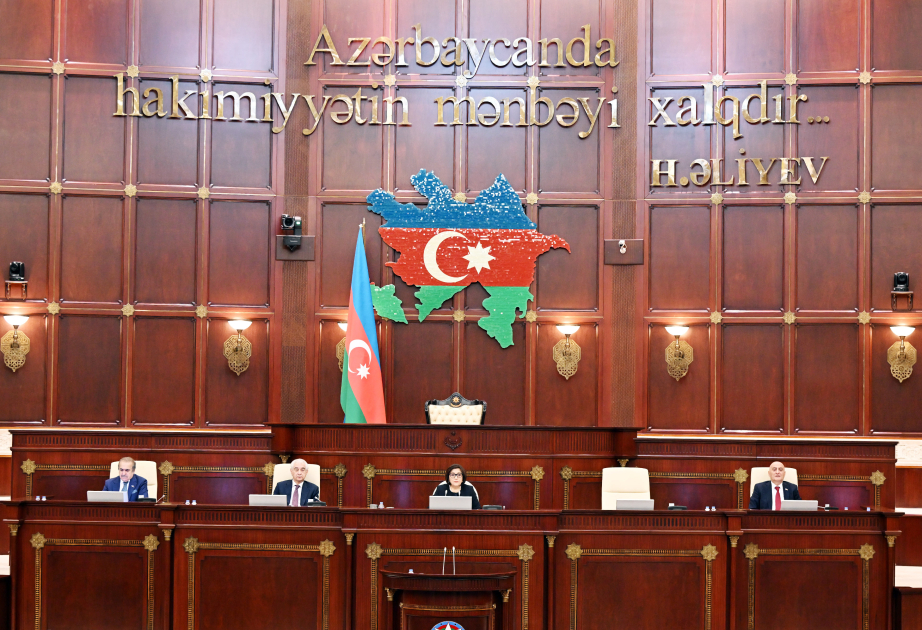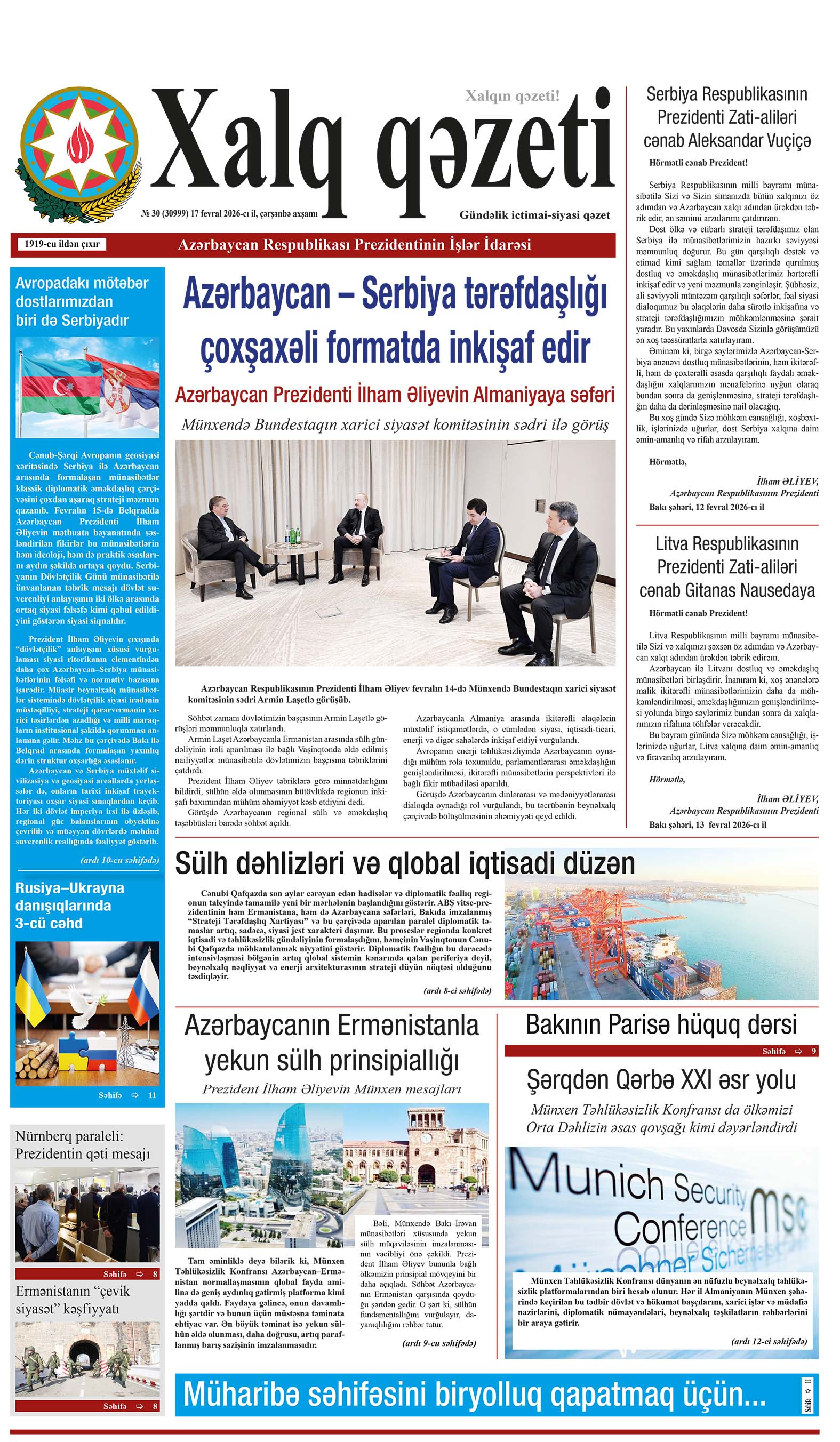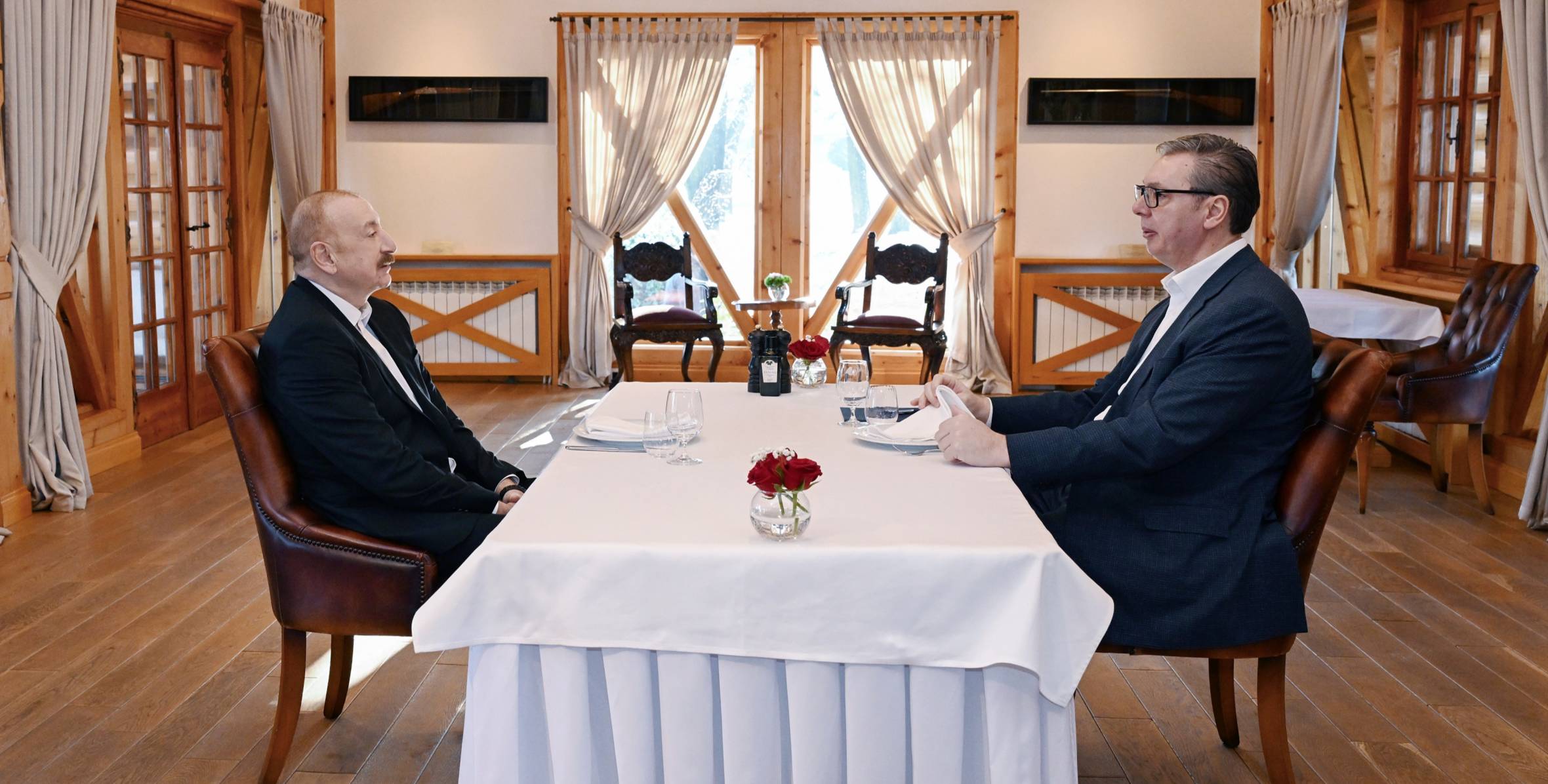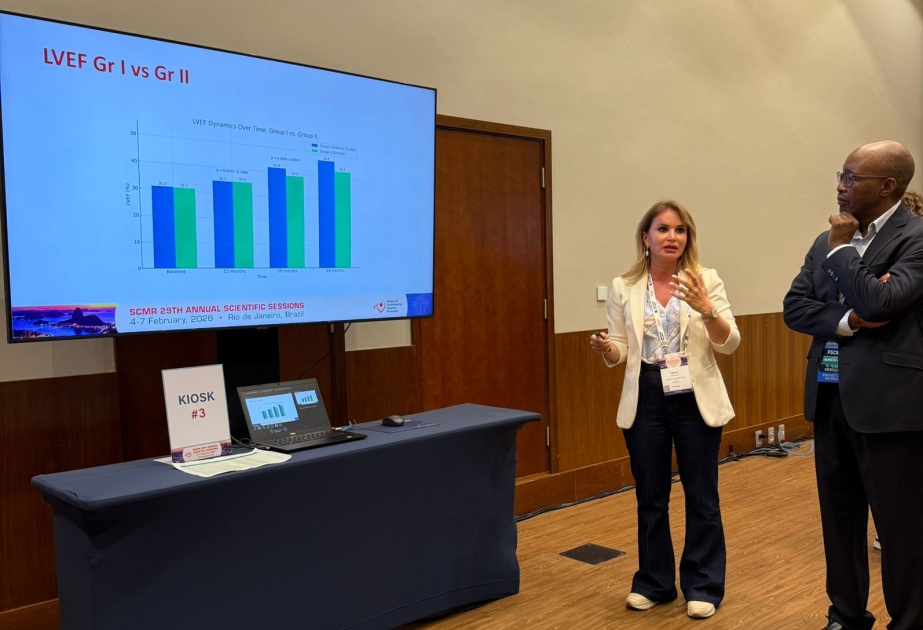Hikmat Hajiyev, Assistant to the President of Azerbaijan and Head of the Foreign Policy Affairs Department of the Presidential Administration, spoke about the role of the Green Corridor in the country's energy strategy during the panel discussion titled “The Middle Corridor: A New Geopolitical and Economic Lifeline” held as part of the GLOBSEC Forum 2025 in Prague.
Hajiyev said that the Green Corridor initiative is a logical continuation of Azerbaijan’s energy connectivity strategy and represents a new phase in this direction. He noted that Azerbaijan’s total onshore and offshore renewable energy potential is estimated at 200 gigawatts. Based on this potential, Azerbaijan is working on a submarine cable project under the Black Sea together with Georgia, Romania, and Hungary. Bulgaria has also joined the initiative.
Hajiyev emphasized that current work on the Green Corridor is progressing in two directions: one through the Black Sea route, and the other via Türkiye and Bulgaria. He added that during COP29, Azerbaijan signed Memorandums of Understanding with Central Asian countries, including Kazakhstan and Uzbekistan, on Trans-Caspian renewable energy projects.
He underlined that the European Union is in need of new energy sources, and in the context of the digital transition, additional electricity capacities are required. From this perspective, the South Caucasus and Caspian region stand out as both geographically close and reliable partners for Europe.
“Taking all these parameters into account, the Green Corridor can emerge as a new and strategic component of the East-West Corridor,” Hikmat Hajiyev stated.
Ayten Abbasli
Special Correspondent
The Middle Corridor already exists and is operational. No one should be under the impression that the corridor does not exist or that someone has to come and rebuild it. Azerbaijan and its partners are investing in this corridor. Additional partners are welcome to benefit from these opportunities, stated Hikmat Hajiyev, Assistant to the President of Azerbaijan and Head of the Foreign Policy Affairs Department of the Presidential Administration, during a panel discussion held in Prague as part of the GLOBSEC Forum 2025.
Hajiyev emphasized that Azerbaijan views the Middle Corridor as a strategic link between two major economic powers – the European Union and China. “Annual trade turnover between the EU and China exceeds 700 billion euros. They may compete, but we see this as an opportunity for cooperation,” he stated.
He added that how China’s “Belt and Road” initiative and the EU’s “Global Gateway” initiative will be implemented in the South Caucasus and Caspian regions remains unclear. “We are open to cooperation with our partners, but we are also carrying out our own plans,” Hajiyev stressed.
Reaffirming his point, he reiterated that the Middle Corridor is already in place and functioning: “No one should think this corridor is non-existent or in need of reconstruction. Azerbaijan and our partners are investing in it. New partners are welcome to take advantage of these opportunities.”
Ayten Abbasli
Special Correspondent
“When we launched the Baku–Tbilisi–Kars railway project, European and American funds refused to finance it. So, we decided to implement it using our own resources – and we did,” said Hikmat Hajiyev, Assistant to the President of Azerbaijan and Head of the Foreign Policy Affairs Department of the Presidential Administration, during a panel discussion at the GLOBSEC Forum 2025 in Prague.
Hajiyev emphasized that sustainable trade and transport connectivity in the region requires cooperation and partnership. “We have investment capacity and are working closely with our brotherly and partner countries in the region,” he noted.
He added that Azerbaijan has connected all major transport infrastructure to Central Asian countries. “Azerbaijan, Georgia, and Türkiye are fulfilling their regional roles and expanding ties with Central Asia. China and Kyrgyzstan are currently building a new 900-kilometer railway, which will provide a shorter route to Central Asia. Through the Caspian, we are connecting all these processes together,” he explained.
“My question is: where is the European Union? Yes, you are welcome to join us as a partner, but it is still not clear what exactly the EU wants. We have yet to see that clarity,” Hajiyev underlined.
Ayten Abbasli
Special correspondent
"Armenia must take the first significant step toward opening the Zangezur Corridor," said Hikmat Hajiyev, Assistant to the President of Azerbaijan and Head of the Foreign Policy Affairs Department of the Presidential Administration, during the panel discussion titled “The Middle Corridor: A New Geopolitical and Economic Lifeline?” at the GLOBSEC Forum 2025 in Prague.
Hajiyev stated that Azerbaijan has ensured security and stability in the region. “We have created complete security and stability in the region. Armenia can also become part of regional cooperation and transport connectivity,” he noted.
He emphasized that negotiations with Armenia are ongoing and that Azerbaijan’s objective is not to isolate or exclude anyone in the region. “However, Armenia must also take concrete steps. Armenia kept Nakhchivan under blockade for 30 years. We now expect Armenia to take a significant step toward establishing the Zangezur Corridor. I know the Armenian side is uncomfortable with the word ‘corridor.’ I often joke that I would like all of Azerbaijan to become a corridor. Let them call it a road, a passage — it doesn’t matter. What matters is establishing a direct link with Nakhchivan,” Hajiyev stated.
He added that creating a transport connection to Nakhchivan would also open new opportunities for Armenia. “We want Armenia to become part of the main flow of the regional transport network,” he concluded.
Ayten Abbasli
Special correspondent


